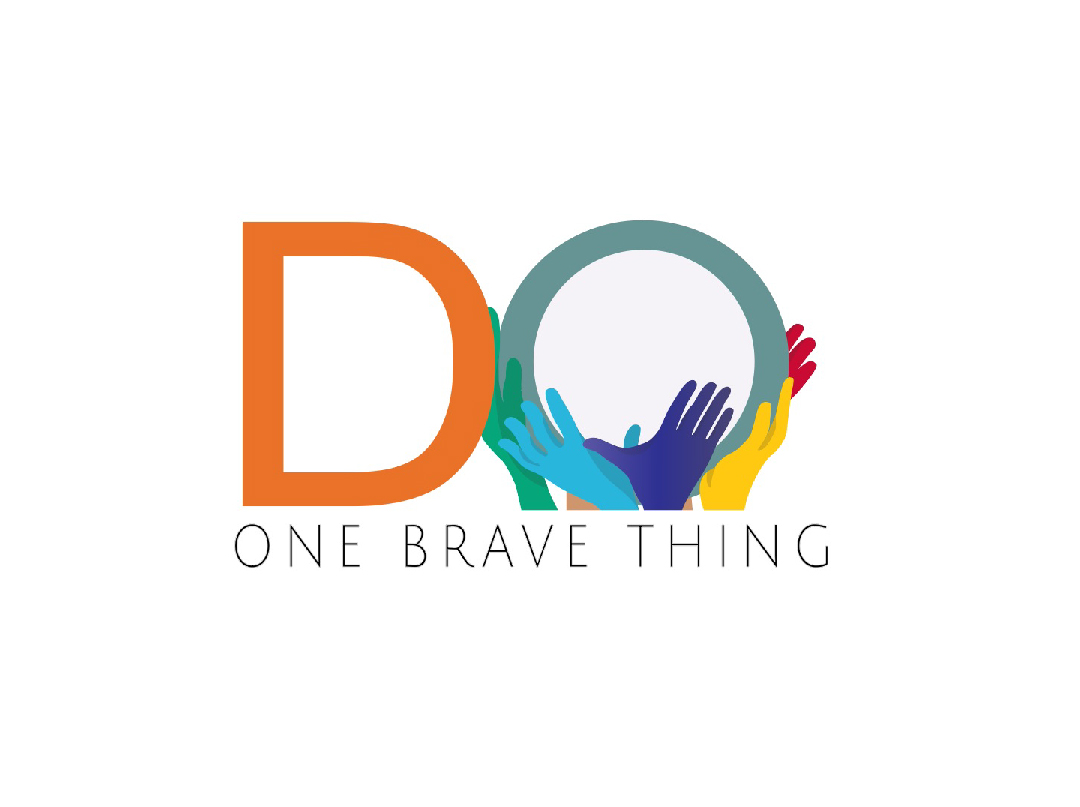- |
- Category: Projects
In close collaboration with No Peace Without Justice, Euro-Syrian Democratic Forum and the Sant’Anna School of Advance Studies, the Budapest Centre contributed to the report "The Human Rights Impact of Illicit Trade in the case of Syria". The aim of the project is to map the situation of illicit trade in Syria with a focus on its consequences on human rights violations, including mass atrocities.
In the framework of this project, there were organized two events where the Budapest Centre was one of the co-organizers that aimed to present findings and the recommendations of the report. The video-records of the events you may watch by clicking and .
In the framework of this project, there were organized two events where the Budapest Centre was one of the co-organizers that aimed to present findings and the recommendations of the report. The video-records of the events you may watch by clicking and .
- |
- Category: Projects
In light of increasing levels of intolerance, discrimination and group hatred in Europe, the CEE Prevent Net project aims at safeguarding young people by strengthening their resilience toward these phenomena and their skills to contribute to a peaceful and democratic society. Building on the previous project European Fair Skills, CEE Prevent Net focuses on Central and Eastern Europe and Eastern Germany, since this region shares common socio-historic experiences, structural conditions and current challenges.
The project’s main objectives comprise fostering the capacity of practitioners from social/youth work and non-formal education to deal with intolerance, group hatred and violence among young people; creating a platform for multi-agency cooperation in the project countries and across the CEE region; mustering support from stakeholders and policy-makers beyond political partisanship and societal cleavages; and raising awareness for CEE issues and approaches in European and international prevention networks, where this region is still under-represented.
The project’s main objectives comprise fostering the capacity of practitioners from social/youth work and non-formal education to deal with intolerance, group hatred and violence among young people; creating a platform for multi-agency cooperation in the project countries and across the CEE region; mustering support from stakeholders and policy-makers beyond political partisanship and societal cleavages; and raising awareness for CEE issues and approaches in European and international prevention networks, where this region is still under-represented.
- |
- Category: Projects
 The Budapest Centre for Mass Atrocities Prevention (BCMAP) and the Environment & Development Resource Centre (EDRC) aim to set up of a Multipolar Task Force (MTF) to help harmonize the diverging approaches of the Permanent Members of the UN Security Council (P5) on the threats of climate security and digital transformation through the lens of mass atrocities prevention.
The Budapest Centre for Mass Atrocities Prevention (BCMAP) and the Environment & Development Resource Centre (EDRC) aim to set up of a Multipolar Task Force (MTF) to help harmonize the diverging approaches of the Permanent Members of the UN Security Council (P5) on the threats of climate security and digital transformation through the lens of mass atrocities prevention.- |
- Category: Projects
Background
Central and Eastern Europe are experiencing a revitalization of ethno-nationalist political movements. Youth between 18 and 26 are a priority when tackling this issue: they are a particularly susceptible to online propaganda and extremism, also they are increasingly forming the centre of these movements.- |
- Category: Projects







